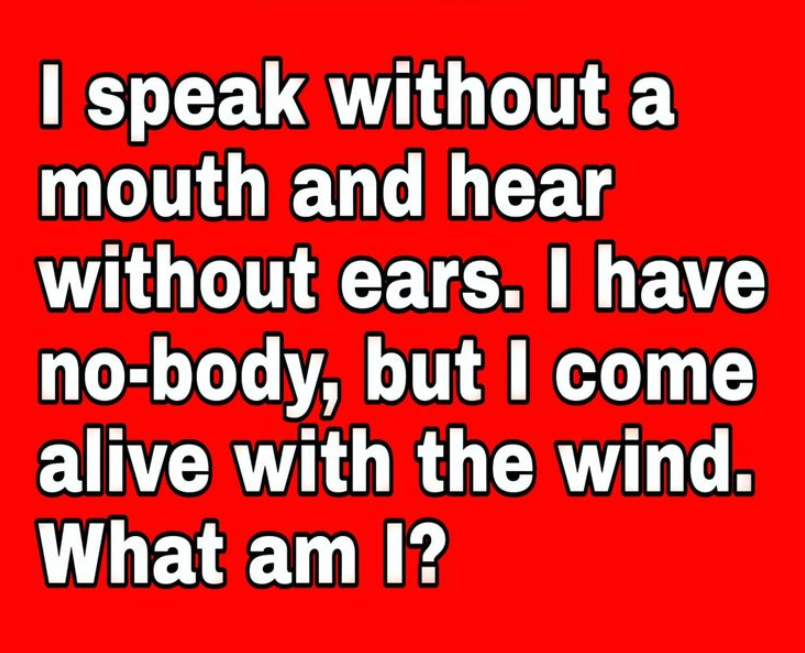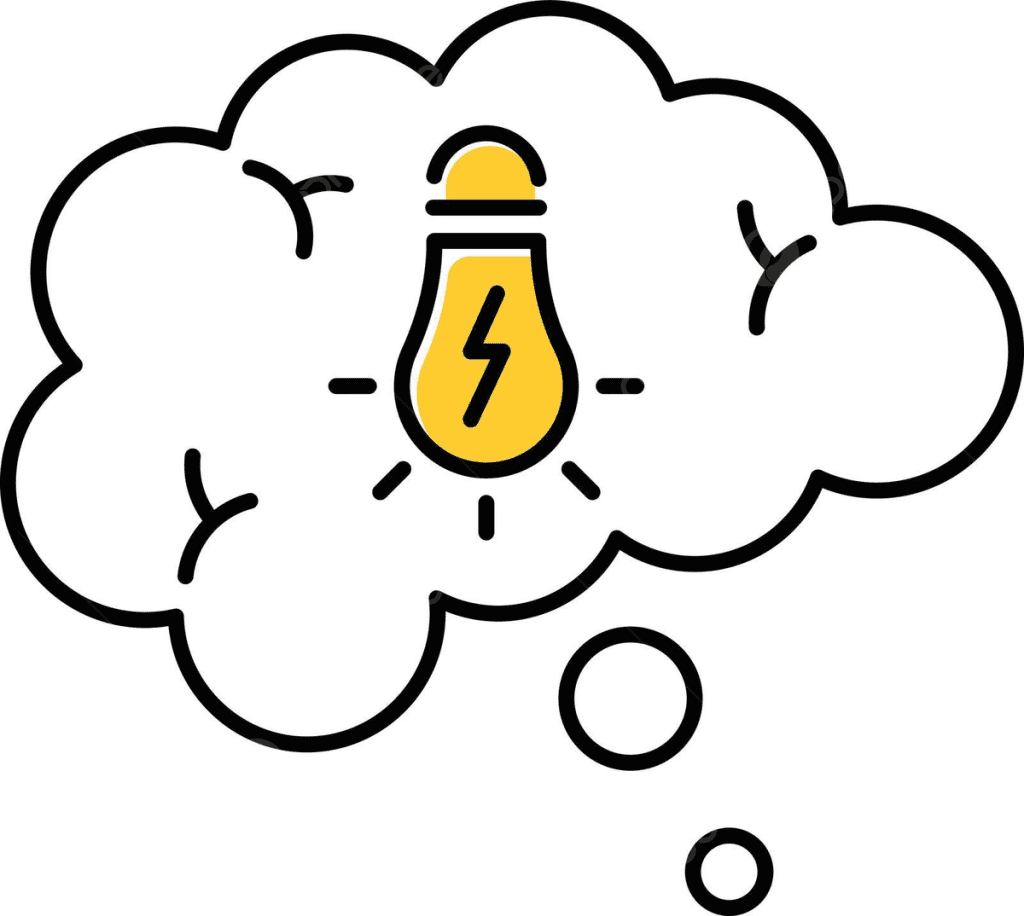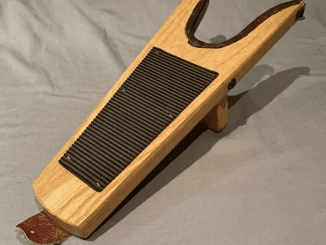Riddles have a unique way of captivating our minds, pushing us to think creatively and outside the box. They challenge our logic, imagination, and sometimes even our patience. One riddle that has been making the rounds and leaving many scratching their heads is:
“I speak without a mouth and hear without ears. I have no body, but I come alive with wind. What am I?”

Let’s break it down step by step and see if we can unravel this intriguing puzzle together.
Common Misconceptions: Overcomplicating the Simple
When people first encounter this riddle, their minds often drift toward mystical or fantasy-related answers. The phrases “speak without a mouth” and “hear without ears” tend to evoke images of ghosts, spirits, or even modern technology like telephones or speakers. While these guesses make some sense, they don’t fully address the entire riddle.
Another common mistake is interpreting the clues too literally. The mention of “coming alive with wind” often leads people to think of natural elements like wind chimes or trees rustling in the breeze. While these might seem to fit part of the description, they don’t satisfy the whole puzzle.
The key to solving this riddle is to focus on the small details and avoid overcomplicating things. As with many riddles, the answer lies in something far simpler than we initially expect.
Breaking Down the Clues
Let’s analyze each part of the riddle carefully to see if we can piece together the correct answer.
1. “I speak without a mouth”
This clue immediately tells us that the answer is something that “speaks” or produces sound, but it doesn’t do so in the way a human or animal would—with a mouth. This rules out anything living that has a voice or mouth, directing us to look for something non-living that can still create sound.
2. “I hear without ears”
Similarly, this clue tells us that the subject doesn’t physically hear like living creatures do. Instead, it interacts with sound in an indirect way. So, we’re searching for something that responds to sound without having actual ears.
3. “I have no body”
This confirms that the subject isn’t a physical being or object. It has no form, which eliminates anything with a tangible presence. This clue reinforces that we’re not dealing with a person, animal, or any solid object.
4. “I come alive with wind”
Here’s where the answer starts to come into focus. “Come alive with wind” suggests that the subject is brought into existence or made noticeable by air movement or sound waves. The wind may not be literal but rather symbolic of how sound waves travel through the air. This is a key hint that we’re dealing with a phenomenon related to sound.
The Answer: An Echo
After carefully examining each clue, the answer becomes clear: an echo.
- “I speak without a mouth”: An echo repeats sounds but doesn’t produce them with a mouth. It mirrors the original sound without having a voice of its own.
- “I hear without ears”: An echo is created by sound waves reflecting off surfaces. It “responds” to sound without actually hearing it.
- “I have no body”: An echo is not a physical object—it’s a sound wave phenomenon, existing without form.
- “I come alive with wind”: Sound waves, which travel through the air, bring an echo to life. Without sound moving through the air, there would be no echo.
The answer is simple yet elegant, fitting every aspect of the riddle perfectly. An echo is one of those phenomena we experience in everyday life, but it’s often overlooked when thinking about complex riddles.

Why We Overcomplicate Simple Riddles
Riddles like this one often trip us up because we tend to overthink the solution. We might imagine something mystical, high-tech, or incredibly complex, missing the straightforward answer right in front of us. This riddle plays on that tendency, offering a puzzle that’s deceptively simple yet challenging because it makes us second-guess ourselves.
Our brains are wired to look for patterns and deeper meanings, but sometimes the most obvious solution is the correct one. In this case, the answer was an echo all along—something we’ve all encountered but may not have immediately considered.
The Power of Riddles: Why We Love a Good Puzzle
Riddles like “I speak without a mouth” are more than just word games. They test our problem-solving skills, force us to think critically, and often remind us of the beauty in simplicity. By stretching our minds and encouraging us to approach problems from different angles, riddles improve our cognitive flexibility and keep our brains sharp.
And, of course, there’s the satisfaction that comes from finally cracking the puzzle. When you solve a riddle, especially one that stumped you at first, it’s a great feeling of accomplishment.
How to Tackle Riddles More Effectively
If you find yourself struggling with riddles, here are a few tips to improve your problem-solving approach:
- Break it down: Don’t try to solve the riddle all at once. Break it into smaller pieces, like we did with each clue, and analyze them individually.
- Avoid overthinking: Sometimes the simplest answer is the right one. Don’t get caught up in trying to find an overly complex solution.
- Think outside the box: Riddles often require creative thinking. Be open to solutions that may not seem obvious at first.
- Keep practicing: The more riddles you solve, the better you’ll get at recognizing patterns and thinking creatively.
Conclusion: A Simple Answer to a Complex Question
The riddle “I speak without a mouth and hear without ears. I have no body, but I come alive with wind” might stump you at first, but once you realize the answer is an echo, it all clicks into place. The beauty of riddles lies in their ability to challenge us to think differently and question our assumptions.
Did you figure out the answer on your own, or did this puzzle catch you off guard? Share your thoughts and any guesses you had in the comments below. If you enjoyed this riddle, why not challenge your friends and family with it? You might be surprised at how many people are stumped by this simple yet tricky brain teaser!


